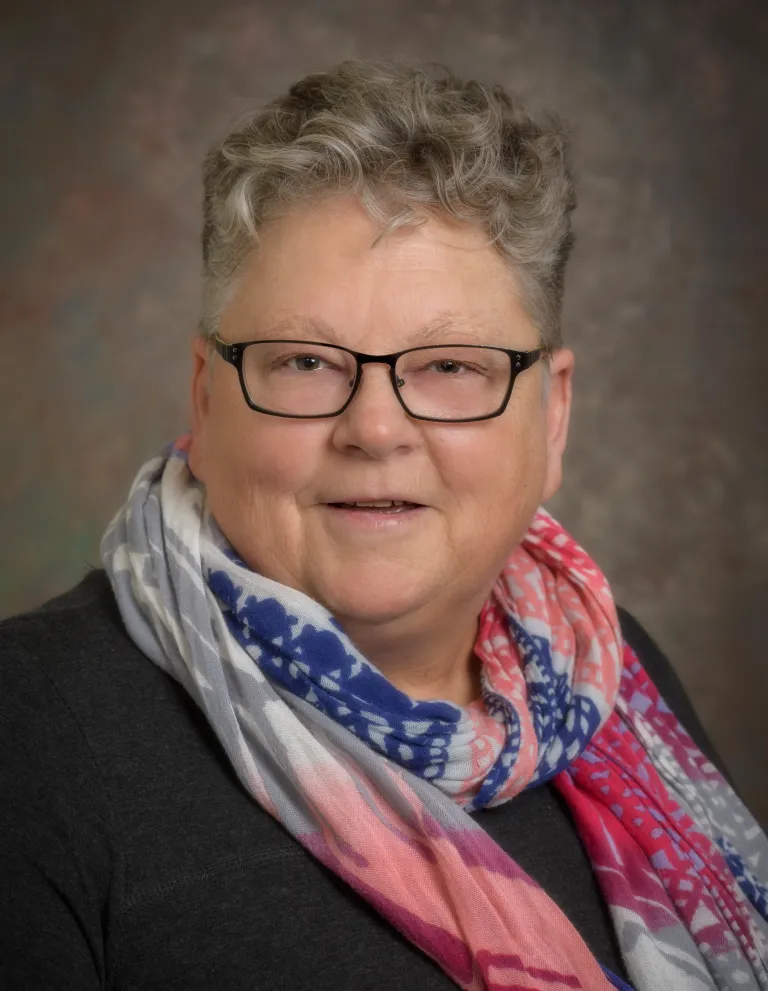By Siobhan Neela-Stock
Like many aspiring reporters of her time, Deborah Howlett caught the journalism bug during the Watergate scandal of the early ‘70s.
“I know it’s almost cliche for my generation of journalists but I was one of those geeky 12-year-old kids who watched the Watergate hearings and was amazed at the power the press had,” Howlett said.
From then on, Howlett decided she liked writing and that she wanted to grow up to be a reporter. And during a forty year career she covered a lot of ground, from the O.J. Simpson trial to reporting abroad in countries such as Afghanistan, Haiti, Kosovo and Rwanda to leading USA Today’s Chicago bureau.
But Howlett’s first foray into reporting started in an unlikely place — sports.
After Howlett graduated from the University of Oregon, she secured an internship with the daily newspaper Statesman Journal in Salem, Oregon.
“I spent the summer there. They liked me, I liked them. They wanted to keep me but the only opening they had was for [a] sports reporter,” she said.
While Howlett was a college athlete, her real interest was in covering state government. After covering high school and college football for about six months, the newspaper moved Howlett to the state capital beat.
“Covering government and politics, I think, is an important part of the function of journalism. The process of legislating and the process of running for office have always fascinated me,” Howlett said. “People need to know what’s going on with their government.”
Now that career has come full circle as Howlett has started the first statehouse student reporting program in New Jersey. The program is one of about thirty across the country where student reporters work under professional editors to cover state legislatures, according to a report from the Center for Community News.
The idea for the statehouse reporting program came to Howlett when she was searching for news stories on what the legislature was spending per the approved budget.
“I was trying, just out of personal curiosity, to find out where the money went at the end of the budget cycle. And I couldn’t find it,” Howlett said. “When I was a reporter and there were like 70 reporters at the Statehouse, somebody always was reporting on that… Now we’re down to one or two reporters to cover the budget and they can barely keep track of the overall picture, let alone all of the nuance in small spending.”
Howlett reached out to the Center for Community News who helped with the details of starting a program, provided some small seed funding as part of the Statehouse Faculty Champion program and invited her to a conference with other program leaders last fall.
“It is faculty with the experience and creativity that it takes to make these programs happen,” said Richard Watts, CCN’s director. “From the beginning Deb was determined to give students this opportunity and give legislators a little added scrutiny.”
Howlett has pieced together a program with several colleges and universities.
Every Monday, students head to the Statehouse in Trenton. Howlett starts the day off by going over stories and story ideas with her intern crop (students aren’t paid though; they receive academic credit). Students have met with the governor’s deputy press secretary, several top lobbyists, and a few top officials. Howlett edits all of the students’ articles and directs their reporting. This is a big job; she hopes to bring on a part-time managing editor for the next cohort.
Most importantly, students are in person on Monday to cover legislative sessions and hearings.
“One of the things that I think is often not realized about covering the Statehouse is, if you’re there, you can get people pretty easily. If you want to talk to the president of the Senate, you can waylay him in the hallway. You don’t have to call and go through PR people…you can walk up to him when he’s walking through the corridors to the legislative session and start asking him questions,” said Howlett.
One of the biggest challenges Howlett faces is funding.
“I’m trying to scrape together money wherever I can get it. I’m trying to do this as cheaply as possible. If I can get something for free, that’s what I’m going to do,” she said. Rutgers opted not to fund Howlett’s initiative so she has to be scrappy.
“It sounds overly simplistic…do what you can with what you have and make it work,” Howlett said.

